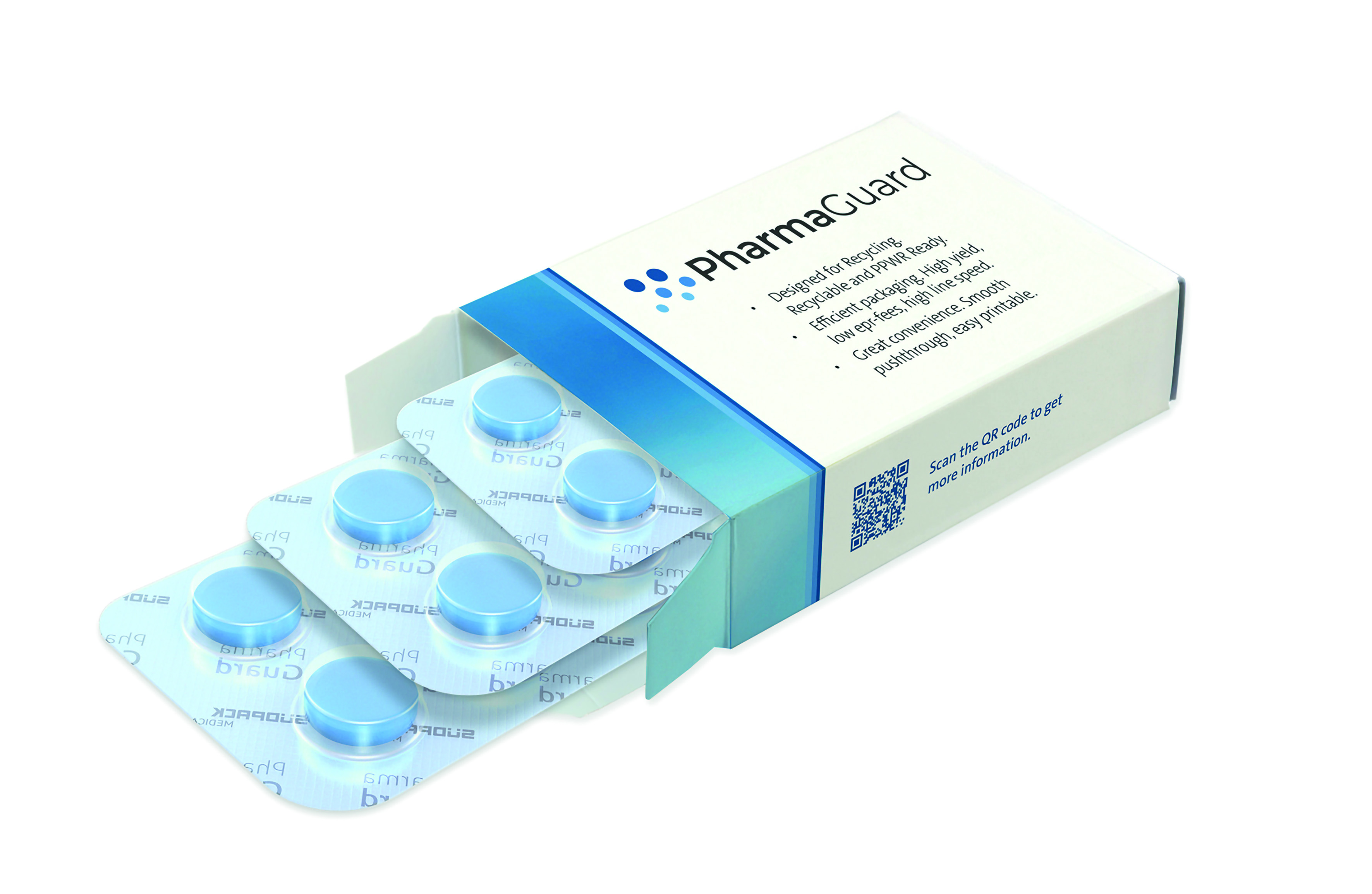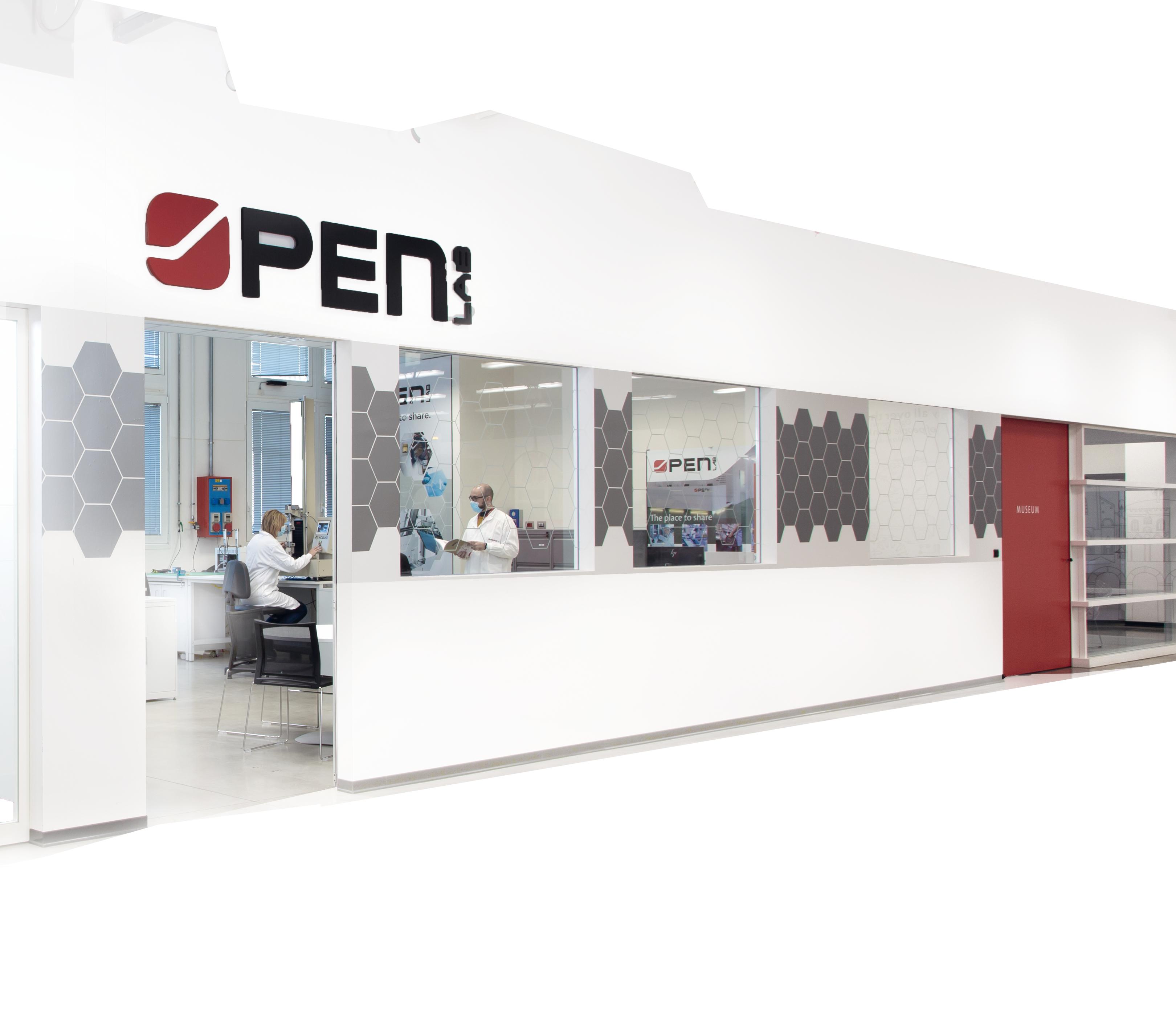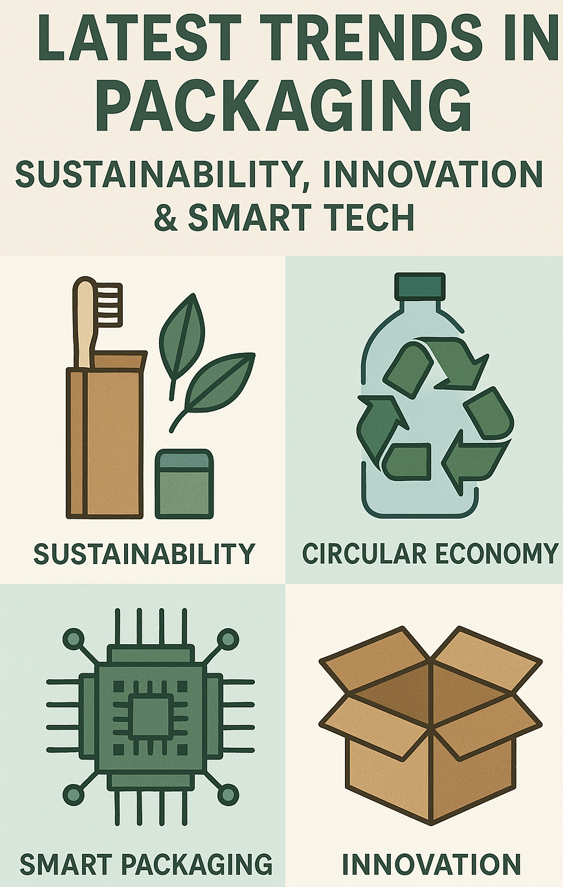

With PharmaGuard®, a PP-based, recyclable blister packaging solution, SÜDPACK MEDICA paved the way for greater sustainability in the pharma-ceutical industry. But that was just the beginning. The film manufacturer is already developing the next generations of its future-proof packaging sys-tems that combine sustainability with exceptional quality and reliability. Through its development partnership with IMA, SÜDPACK is working to en-sure that these new mono-material structures can be processed on cus-tomers’ existing blister lines with the same efficiency, product protection, and packaging reliability as conventional PVC/PVDC solutions.
While current regulations do not yet require recyclable packaging or recy-cled content in the pharmaceutical sector – as they do in the food industry – pharmaceutical companies would be well advised to start preparing for fu-ture packaging requirements now. To make the transition to sustainable blister packaging as easy as possible for customers, SÜDPACK and IMA are actively developing market-ready solutions. Their goal is to ensure that the new materials can be seamlessly integrated into customers’ existing ma-chinery.
The development of PharmaGuard was undoubtedly a milestone in phar-maceutical packaging. This innovative packaging concept sets new standards in terms of sustainability, quality, and performance. However, maintaining this high level of performance presents a real challenge, as PP- and PE-based mono-materials introduce entirely new requirements for the packag-ing process.
At SÜDPACK, polypropylene (PP) is the preferred polymer ...
… for oral solid dosage packaging. PP-based structures, such as Phar-maGuard, stand out due to their intrinsic water vapor barrier, low specific weight, high transparency, and excellent push-through performance. This material is free from phthalates, nitrosamines, PFAS, and halogens and meets the strict requirements of USP 661 and the International Pharmaco-poeia. Most importantly, unlike conventional PVC/PVdC blister solutions, PP-based packaging concepts can be integrated into existing recycling streams. A Sphera LCA study, commissioned by SÜDPACK and verified in ac-cordance with ISO 14040/44, has confirmed that PP has a smaller carbon footprint compared to traditional composite materials such as PVC/PVdC and aluminum, as well as PET-based mono- and multi-layer materials.
A relentless focus on customer requirements
What may seem like a seamless solution is actually the result of years of de-velopment by the pioneering film manufacturer. However, to ensure that the new high-performance films run smoothly on customers’ existing blister lines, the machine manufacturer’s expertise is also indispensable. The pri-mary goal of this partnership is to minimize the time, effort, and costs asso-ciated with retrofitting existing machines, while ensuring the same level of quality, speed, and efficiency as conventional films in the packaging process. As a result of their close collaboration during the development process, both partners – and most importantly, their customers – can now benefit from greater opportunities to analyze and optimize material performance for blister packaging applications.
To better define future-proof, sustainable packaging solutions and foster closer cooperation with material suppliers and customers, IMA has estab-lished a network of analytical laboratories through its OPENLab initiative. For example, during the development of PharmaGuard, IMA’s extensive ex-pertise in thermoforming, sealing layer design, and printing helped elevate the material’s performance beyond that of conventional PP films.
The OPENLab: data-driven analysis
The OpenLAB plays a key role in helping customers gain a comprehensive understanding of how materials behave on IMA machines. It also helps identify key factors that ensure consistent, high-quality results, including optical properties and process stability.
One of its most valuable assets is a detailed database of material structures, correlated with test results across different systems. Additionally, the OPENLab allows a dual approach to troubleshooting – any issues encoun-tered during testing are analyzed in-house from both a machine and mate-rial perspective, allowing for precise adjustments and solutions. Moreover, the lab helps identify market trends for various IMA applications by evaluat-ing new sustainable materials.
Ultimately, thanks to data-driven insights, SÜDPACK and IMA can ensure that the recyclability and performance of mono-materials meet both market demands and internal packaging standards. This makes it easier for cus-tomers to transition to more sustainable packaging concepts.







